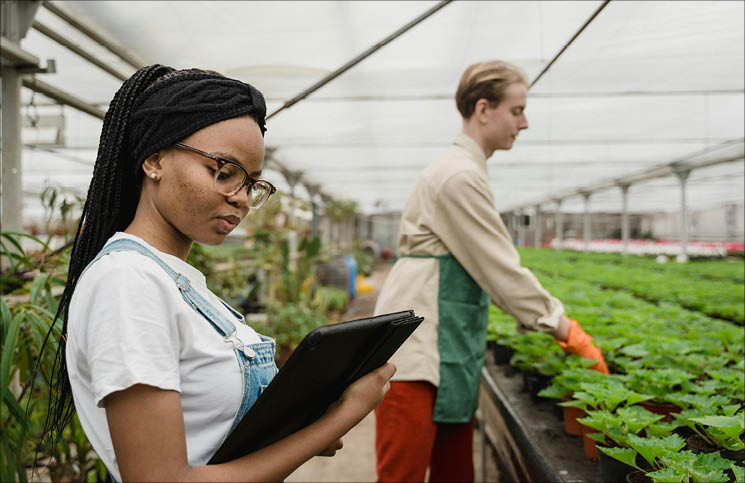In a world of increasing climate variability and economic pressure, South African farmers are finding a new ally in the fight for profitability: data. Beyond traditional knowledge and experience, information gathered on the farm is proving to be a game-changer, helping producers manage risks and improve efficiency. This isn’t about complex, expensive systems; it’s about harnessing the power of simple, smart technologies.
So, how does a farmer get started?
The first step is to focus on your biggest cost centres—water, fuel, and fertilizer. Data collection begins by installing basic sensors and meters. A flow meter on an irrigation pump, for example, provides a precise, real-time record of water usage. This simple device immediately reveals leaks and inefficiencies, allowing you to prevent waste and reduce electricity costs. Similarly, soil moisture sensors, placed strategically in a field, can tell you exactly when to irrigate and for how long. This prevents over-watering, saving a precious resource and ensuring your crops aren’t stressed.
Data can be gathered from other sources as well. Weather stations on the farm provide hyper-local information on rainfall, temperature, and wind, allowing for a more accurate response to changing conditions. Additionally, some farm machinery now comes with built-in sensors that track fuel consumption and operational hours, giving you a clear picture of equipment efficiency.
Once you have this data, the real value emerges. By analysing these numbers, farmers can move from a “one-size-fits-all” approach to a precise, targeted strategy. This not only lowers input costs, but also contributes to a more sustainable operation, proving that modern farming is as much about smart decisions as it is about hard work.
